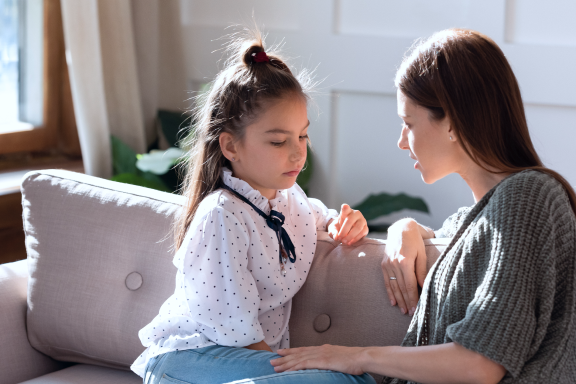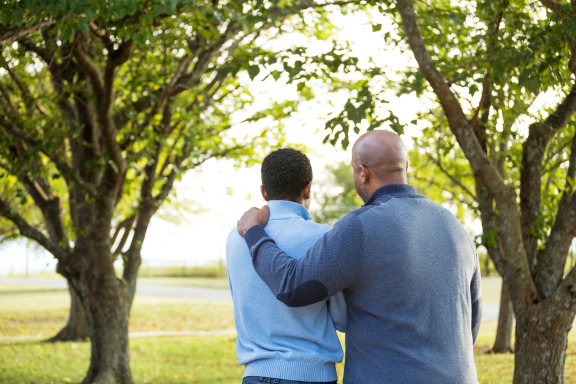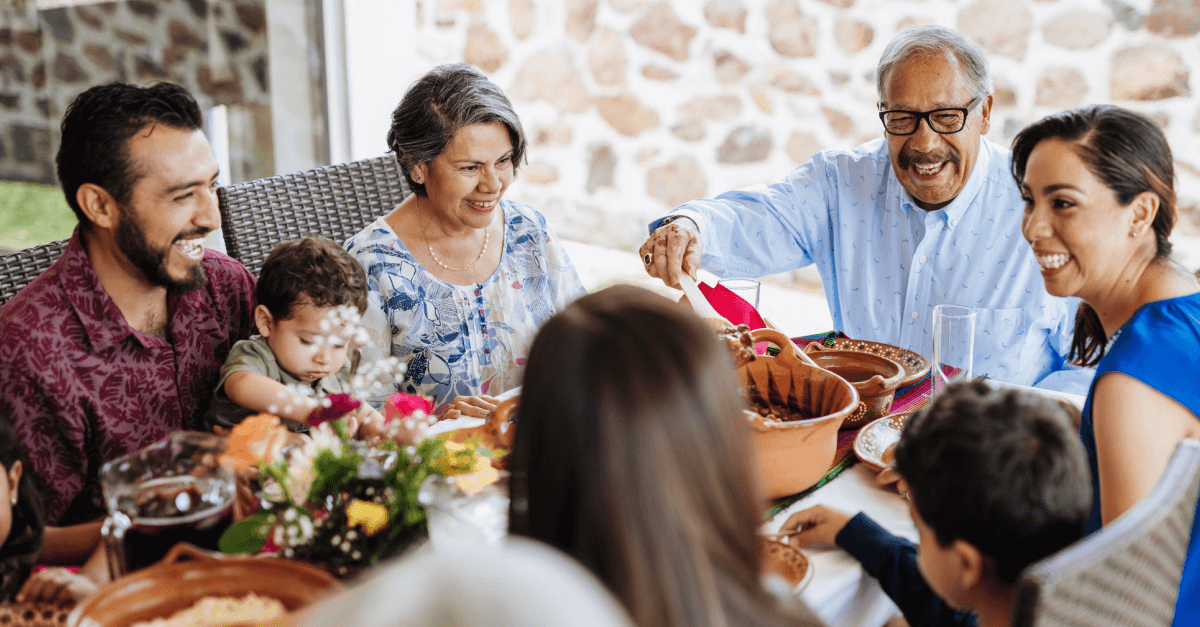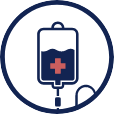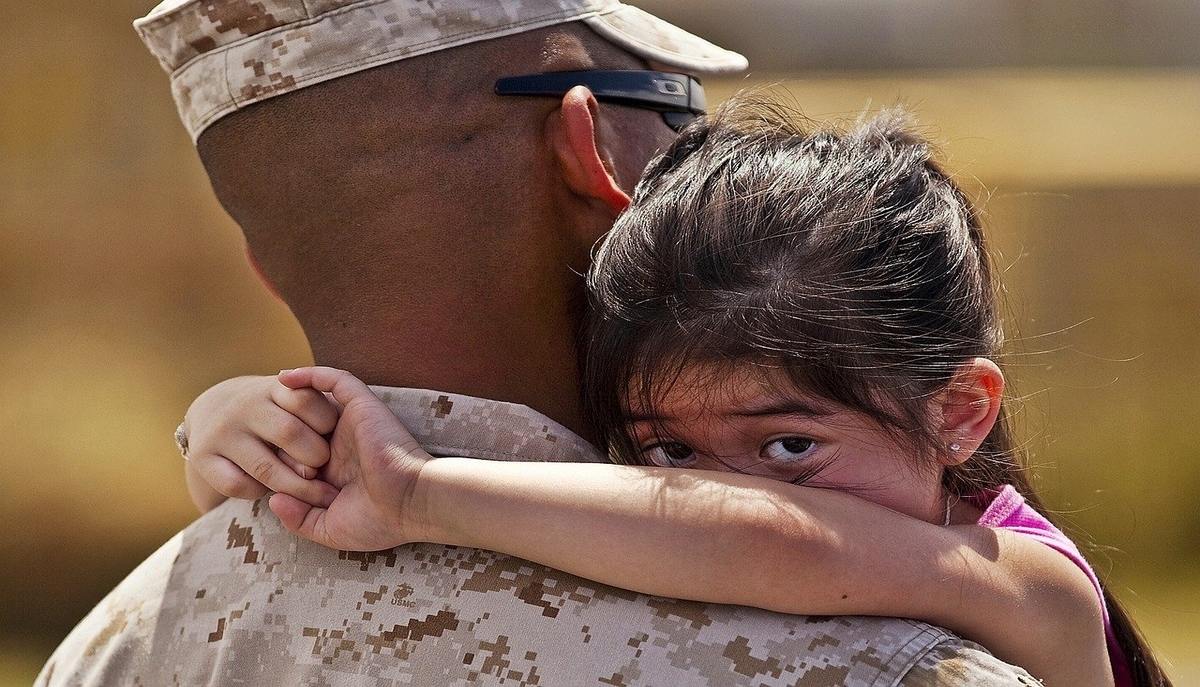
Telling Children a Veteran Has Cancer
U.S. veterans may be parents, grandparents, or other close relatives. Learning that they have cancer can bring a lot of uncertainty to their family members, including young children and teenagers.
Beyond children's love for relatives, they may hold veterans in especially high reverence and view them as stronger or braver than others because of their military service. Thus, knowing a loved one has mesothelioma or another type of cancer can be very stressful and traumatic for children.
Many cancer support organizations recommend telling kids the truth about this diagnosis, regardless of how difficult it may be. Doing so will allow children to process their emotions in a healthy way rather than keeping them bottled up.
“It’s hard to keep cancer a secret. Your kids probably already know something’s wrong, so it’s best that they hear it from you.”
—Shelby Doyle, MD Anderson Social Work Counselor
